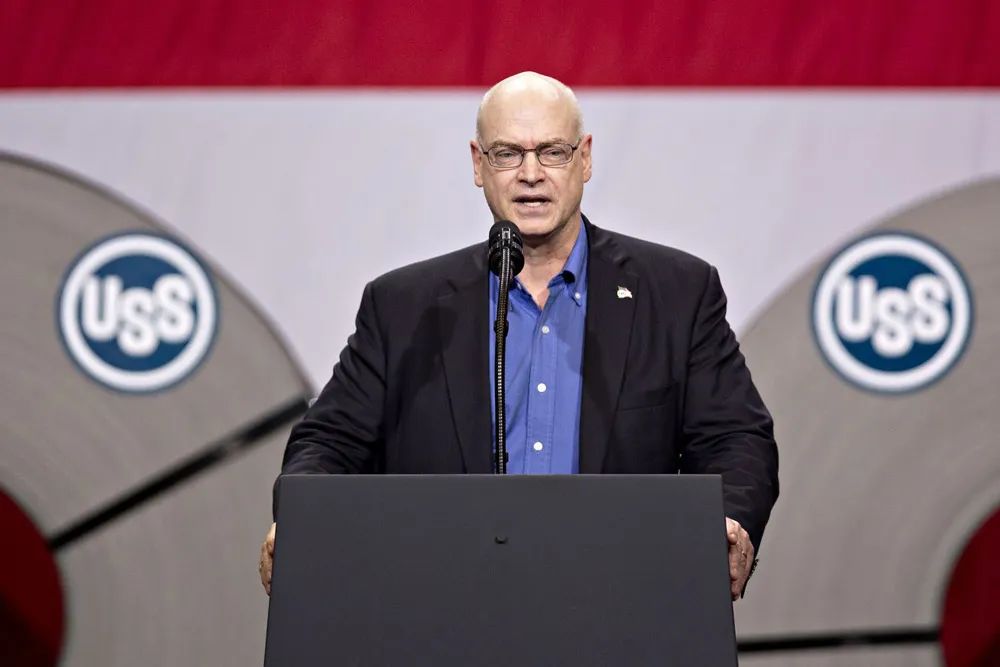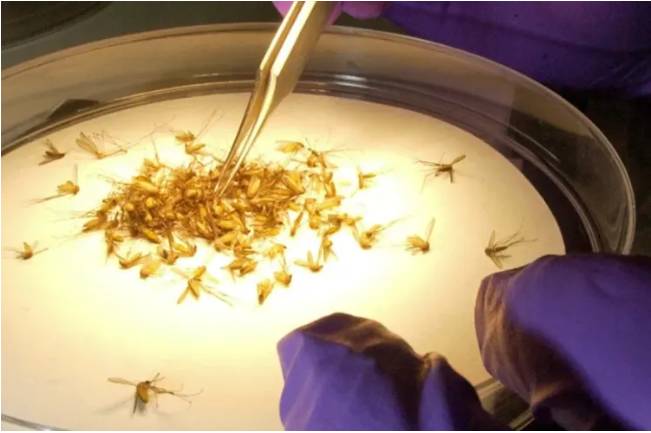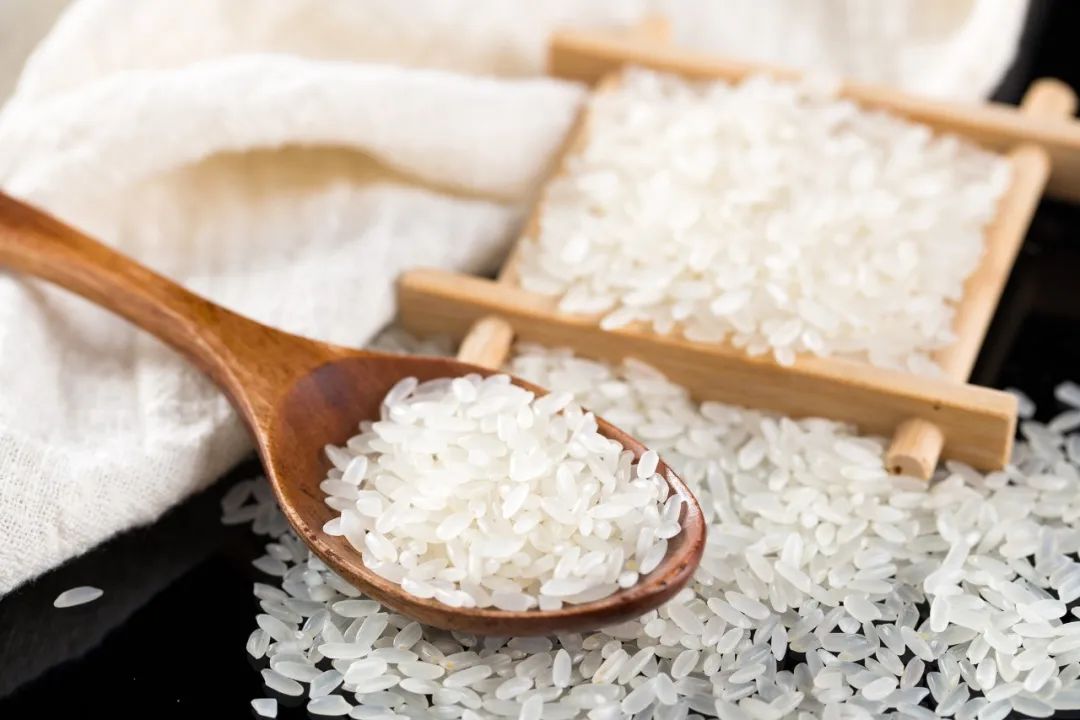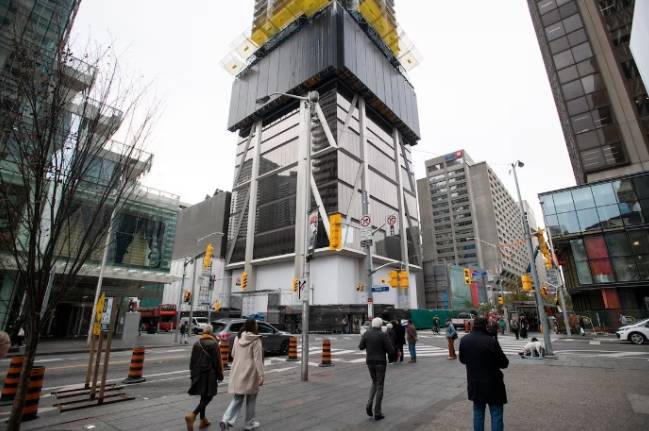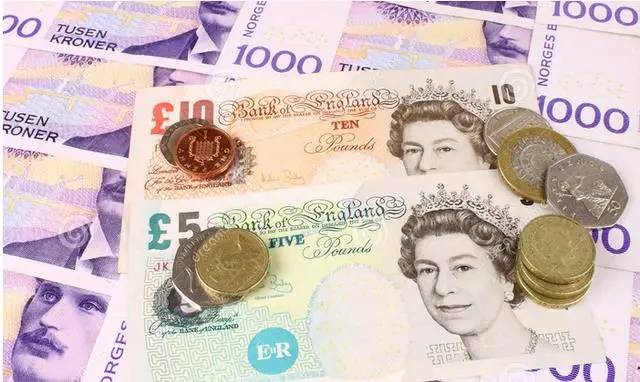U.S. Steel Acquisition Triggers Heated Controversy and Multifaceted Gaming
Ever since Nippon Steel announced its proposed acquisition of U.S. Steel at the end of last year, the plan has had its twists and turns, generating strong reactions and opposition in the United States.
Initially, Nippon Steel announced in December last year that it would buy U.S. Steel for nearly $15 billion, and under the terms of the deal, U.S. Steel would retain its name and Pittsburgh headquarters. However, the news caused shockwaves in the United States and the public, and the United Steelworkers of America even made it clear that it was opposed to it.
Since then, including U.S. President Joe Biden, Vice President and Democratic Party presidential candidate Harris and Republican Party presidential candidate Donald Trump have expressed opposition to the deal. Biden issued a clear statement of opposition as early as March 14 this year, and Trump also promised to block the deal after winning the election. 2 September, Harris also said that U.S. Steel should continue to be “owned by Americans and operated by Americans”.
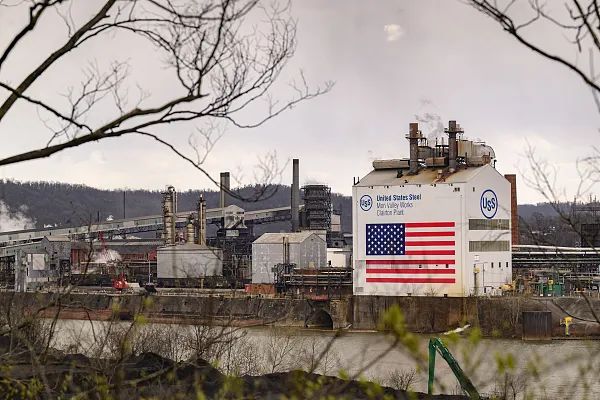
Image Source: Sourced from the Internet
With the development of the situation, according to the Washington Post September 4 news, the U.S. White House is about to announce that Biden will be “national security” reasons to block the acquisition, the news led to U.S. Steel shares plummeted by more than 17% on the day, and its stock price has fallen 41% this year. U.S. Steel CEO David Burritt warned that if the deal is blocked, the company may be forced to shut down the plant and move its headquarters from Pittsburgh, emphasizing that the deal is critical to maintaining the competitiveness of the company's aging plants and safeguarding jobs. A U.S. Steel spokesman also insisted that there were no national security concerns about the deal because Japan is one of the U.S.'s closest allies, and said he hoped to secure the deal through legal channels.
U.S. Steel employees held a rally outside the company's headquarters on Sept. 4 to try to persuade politicians to change their minds about opposing the deal. The United Steelworkers criticized Burritt's actions, accusing him of “making baseless and illegal threats.
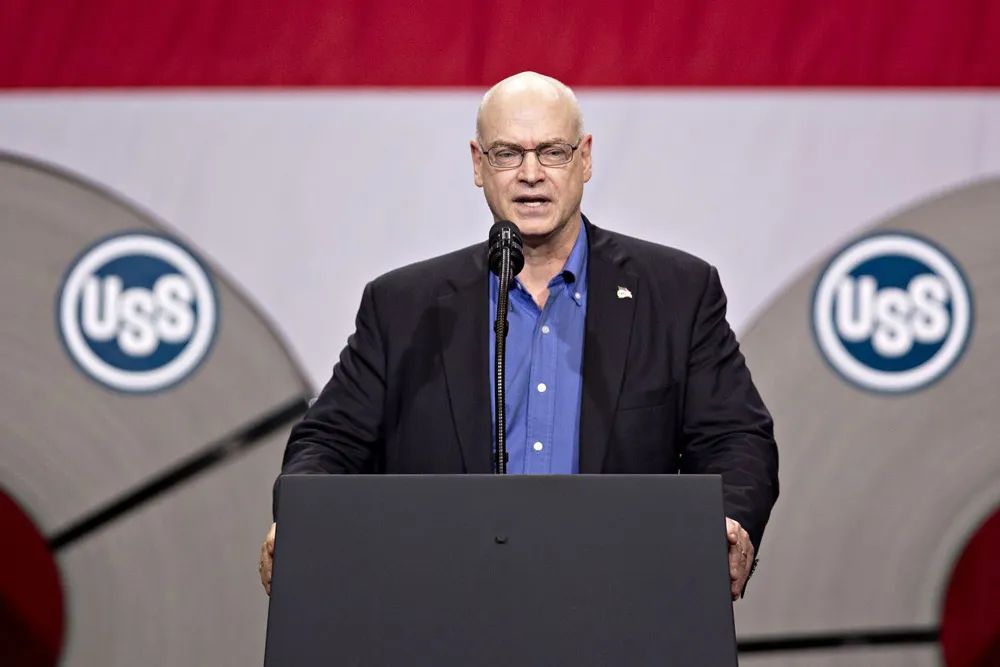
Image Source: Sourced from the Internet
Nippon Steel has been taking steps to promote the acquisition. Last week (August 29), Nippon Steel pledged an additional $1.3 billion in investment, including $1 billion to upgrade a steel plant in Pennsylvania and $300 million to refurbish a steel plant in Indiana, and on September 4, Nippon Steel announced that, if the acquisition is successful, Americans will be “at the center” of management and will make up a majority of the board of directors, with preference given to U.S. Steel. On September 4, Nippon Steel also announced that if the acquisition went through, Americans would form the “core” of management and make up the majority of the board of directors, and that it would prioritize U.S. Steel's production to meet U.S. market demand, while claiming that the deal would increase U.S. capacity to respond to pressure from Chinese competitors. However, the unions are demanding that these promises must be enshrined in a contract between the company and the unions.
Currently, Nippon Steel's $14.9 billion takeover bid has been approved by all regulatory agencies except the U.S. and U.S. Steel shareholders, and is undergoing regulatory review in the U.S. The Committee on Foreign Investment in the U.S. (CFIUS) is responsible for reviewing its potential impact on U.S. national security, but the agency has not yet submitted its formal recommendation to Biden, and the White House, U.S. Department of Treasury and other parties have not explicitly expressed their stance or refused to comment on this.
U.S. Steel headquarters in Pennsylvania and in Michigan with factories in these two areas in the presidential election has a key influence, candidates of both parties have visited many times. The direction of this acquisition is not only about the future of the company, but also has a significant impact on the political situation and economic and industrial development in the United States. At the same time, the fate of U.S. Steel, once the backbone of the U.S. economy and a symbol of “Made in America,” reflects the changing structure of the U.S. industry and the challenges it faces.
-------- END --------
